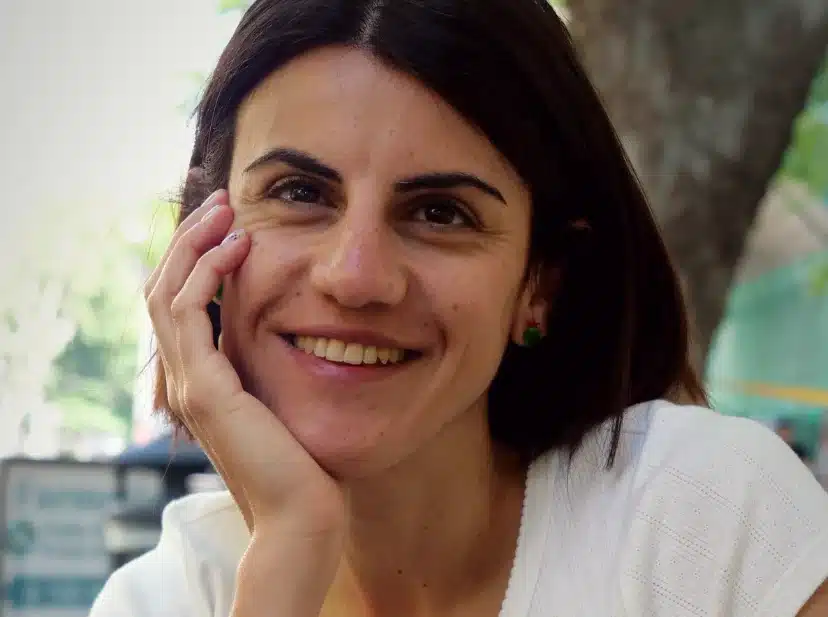One of the most common questions I receive from my students is about adjective placement in Italian. Specifically, they want to know: should I say “buon amico” or “amico buono”?
The answer isn’t as straightforward as you might think, because in Italian, the position of adjectives matters – and can sometimes change the meaning entirely!
The General Rule
In Italian, unlike English, adjectives usually come after the noun they describe:
- capelli biondi (blond hair)
- cielo blu (blue sky)
- cuscino soffice (soft pillow)
- cioccolato nero (dark chocolate)
But, as with all good language rules, there are exceptions! Some adjectives can be placed before the noun, and this is where things get interesting.
When Adjectives Come Before Nouns
Certain common adjectives often precede the noun, especially when they express:
- Quality or beauty: bello, buono, brutto, cattivo
- Size: grande, piccolo
- Age: nuovo, vecchio, giovane
- Quantity: poco, molto
Buon amico vs Amico buono
So, back to our question: buon amico or amico buono?
Both are correct, but they have slightly different meanings:
- Buon amico refers to a “good friend” in the sense of a close or dear friend – someone you have a meaningful relationship with. This is the more common expression.
- Amico buono emphasizes the moral quality of the friend – a friend who is a good person, who has a good heart.
For example:
- “Marco è un buon amico, mi aiuta sempre.” (Marco is a good friend, he always helps me.)
- “Marco è un amico buono, farebbe qualsiasi cosa per aiutare gli altri.” (Marco is a good-hearted friend, he would do anything to help others.)
Changing Meanings
For some adjectives, the position can dramatically change the meaning:
Donna grande vs grande donna
- Donna grande = a tall/big woman (physical description)
- Grande donna = a great woman (refers to character/achievements)
Gente povera vs povera gente
- Gente povera = people without money (economic condition)
- Povera gente = people who deserve pity, unfortunate people (emotional response)
Pro Tip from Serena
When in doubt, follow these guidelines: If you’re describing a physical or objective characteristic, put the adjective after the noun If you’re expressing a subjective quality or emphasizing an emotional aspect, put it before.

Test Your Italian
Not sure what your Italian level is? I’ve created a free online Italian test to help you determine it.More examples:
| Italian Phrase | Meaning | Figurative/Subjective or Literal? |
|---|---|---|
| un buon medico | a skilled doctor | Figurative |
| un medico buono | a kind doctor | Literal |
| una nuova esperienza | a different experience | Figurative |
| un’esperienza nuova | a brand-new experience | Literal |
| un grande uomo | a great man (important) | Figurative |
| un uomo grande | a big/tall man | Literal |
| un vecchio amico | a longtime friend | Figurative |
| un amico vecchio | an old friend (in age) | Literal |
| un povero ragazzo | a poor (unfortunate) boy | Figurative |
| un ragazzo povero | a poor boy (without money) | Literal |








